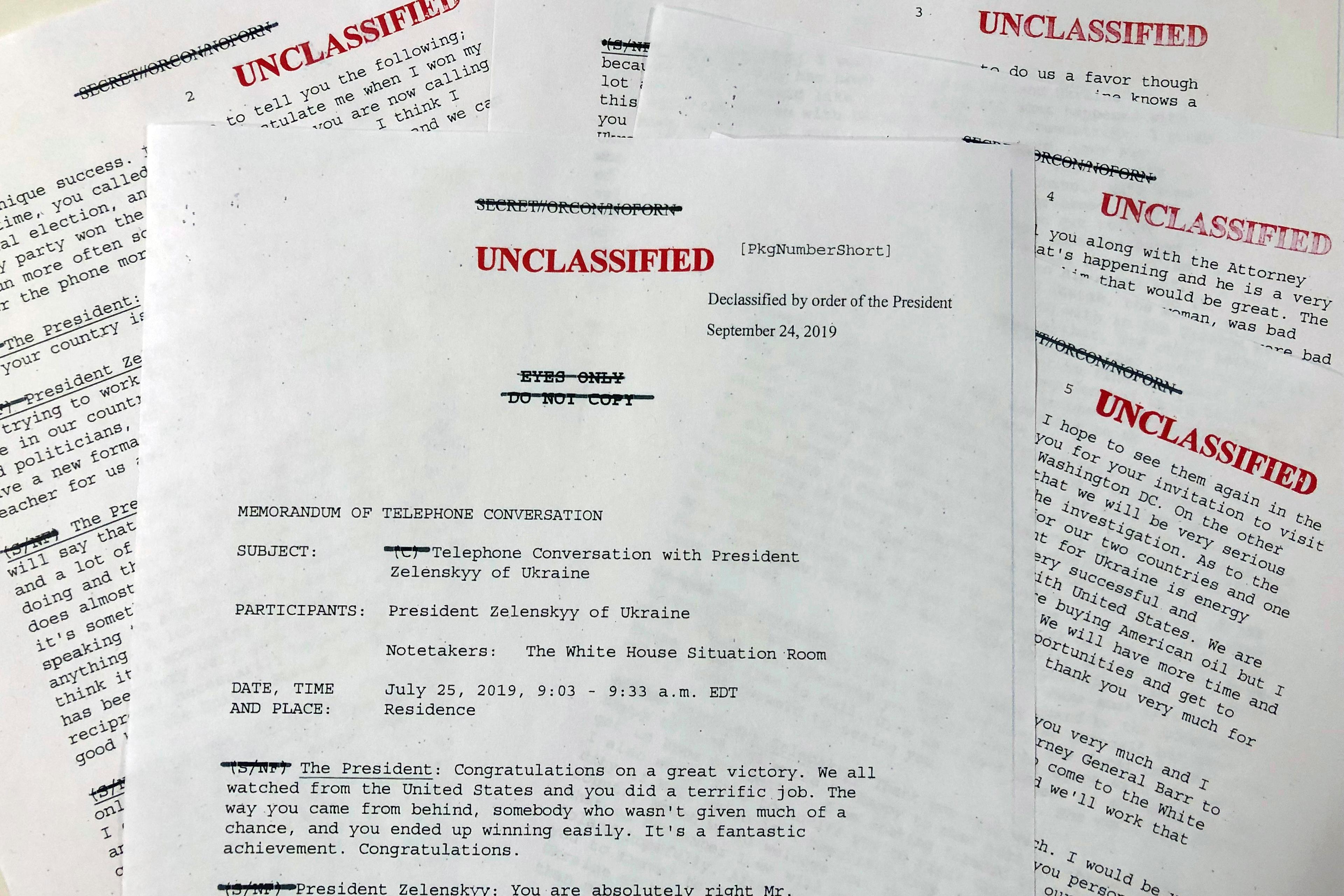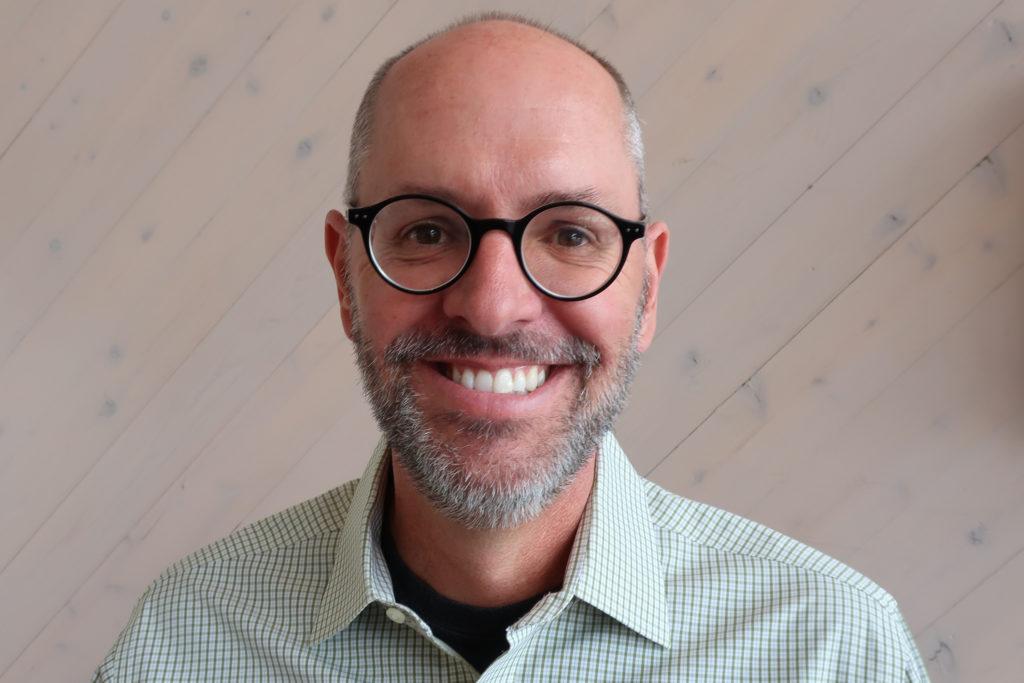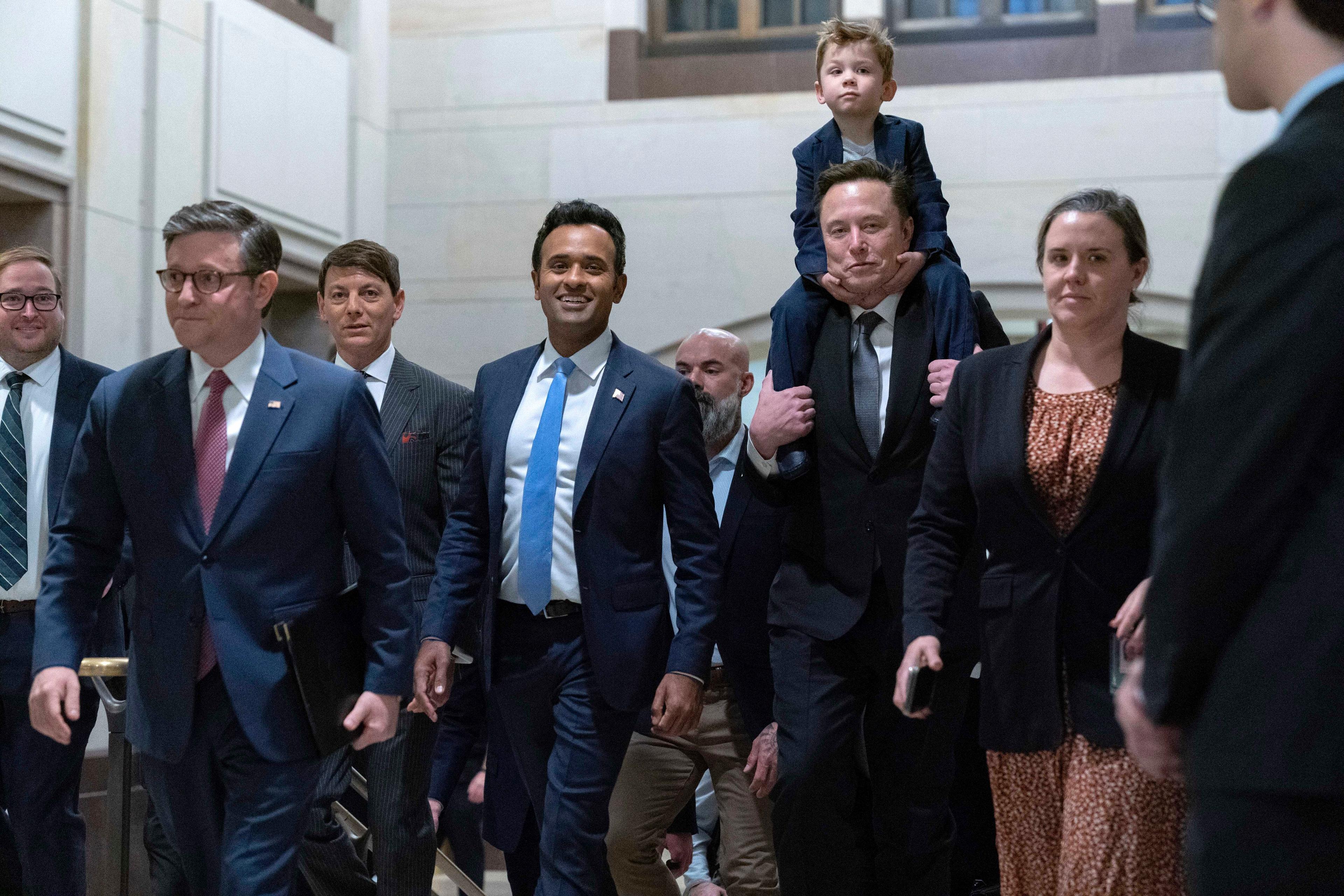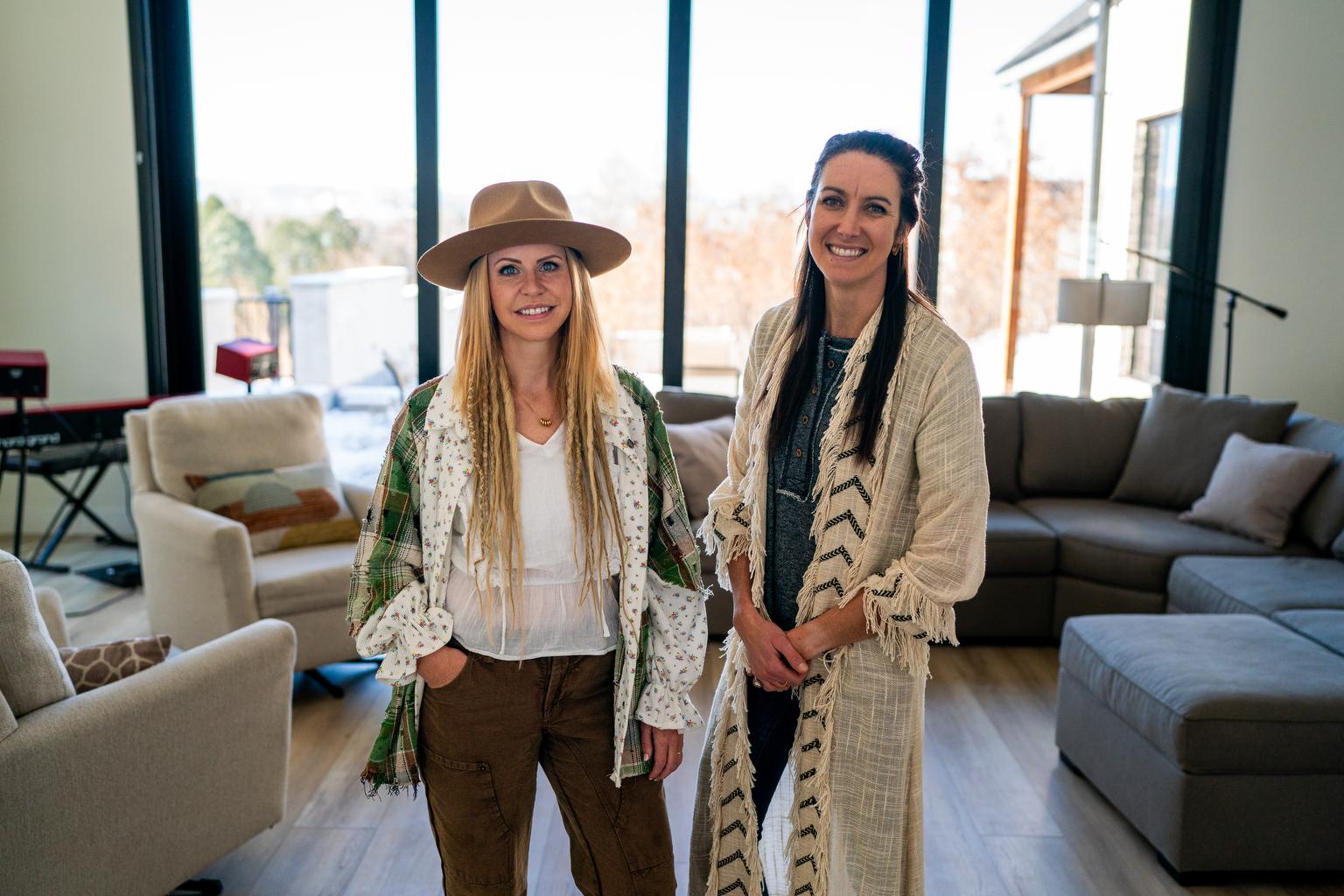
The document outlining President Trump's phone call with Ukraine's president makes one thing clear: It is not a verbatim transcript of the discussion.
That call is at the heart of the impeachment inquiry now underway, along with the whistleblower complaint released to the public Thursday.
But why are presidential conversations documented in this way, when did the process start and why is it important?
“The mechanisms of government are so tremendously complex that the meetings and conversations the president has, have important implications across the range of government agencies,” said Ken Osgood, a professor of U.S. political and diplomatic history at Colorado School of Mines.
Over the course of Osgood’s career and research, he's read thousands of records of presidential conversations like the one released Wednesday. The notes can often help with things like follow-up conversations and correcting misquotations or mischaracterizations.

The fact that this conversation was released to the public is very rare, Osgood said. Most of these kinds of documents are classified, especially when it comes to foreign affairs.
The practice of taking notes on meetings between heads of state dates back to the birth of diplomacy, he said.
“But the idea of a semi-verbatim type of transcript is a more modern invention,” Osgood said. “We see it practiced with much more sort of systematic way during the second World War with Franklin Roosevelt.”
That marked the beginning of a more official, sophisticated way of documenting presidential conversations. Osgood described a scene in the basement of the White House where a team of note-takers sit, listening to phone calls, recording them accurately and checking their notes against each other. Those notes will then be sent up to senior officials who review the document that likely looks very similar to the one released Wednesday.
Back in FDR’s days, this process might have made a lot of sense, technology-wise. But in today’s age of high-quality voice recognition software that can spit out word-for-word transcripts, why still do it by hand?
“There are very good historical reasons and they all surround the presidency of Richard M. Nixon,” Osgood said. “Richard Nixon who almost recorded 4,000 hours of conversations of meetings. That process came to kind of bite him, so to speak, during the Watergate investigation.”
When all those tapes came to light, Osgood said it made no president after ever want to record anything.
The phone call between President Trump and Ukraine President Zelensky also struck Osgood as unusual in terms of how the conversation was set up. Osgood once worked as an intern at the state department (actually on the Ukraine desk, in fact), and he saw how a lot of calls were set up between heads of state.
“[These calls] are the product of extensive planning and preparation,” he said. “It is rare that a president just picks up the phone, right? And it’s not as if the world leader is just immediately sitting there by the phone waiting for a call from the president.”
Planning usually starts with someone on the National Security Council who has an issue they’d like the president to address, Osgood said. From there, a briefing is prepared that’s reviewed by many intelligence officials, the president is briefed and finally the phone call happens.
“In this case we see some parallels and some differences,” he said. “One parallel is if the whistleblower’s account is to be believed, there was indeed some preparation for this meeting...But we also know it’s outside normal policy channels. There’s very little evidence in the substance of the conversation or the whistleblower complaint that the president has a serious policy issue that the government wants him to investigate.”
And another big deviation from how things are normally done according to Osgood? Instead of diplomats or U.S. government officials laying the groundwork for this call, the planning seems to have initiated with President Trump’s personal lawyer, Rudy Guiliani.









